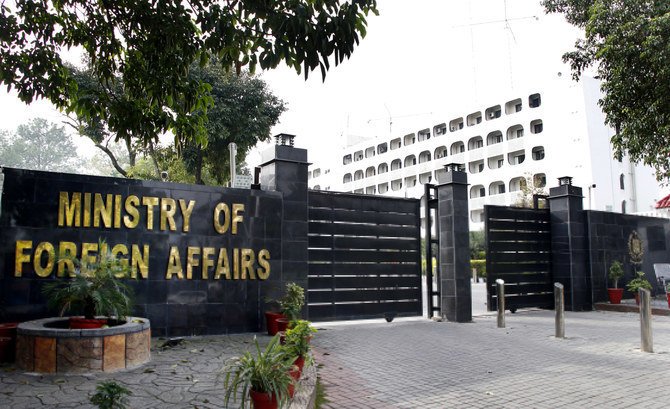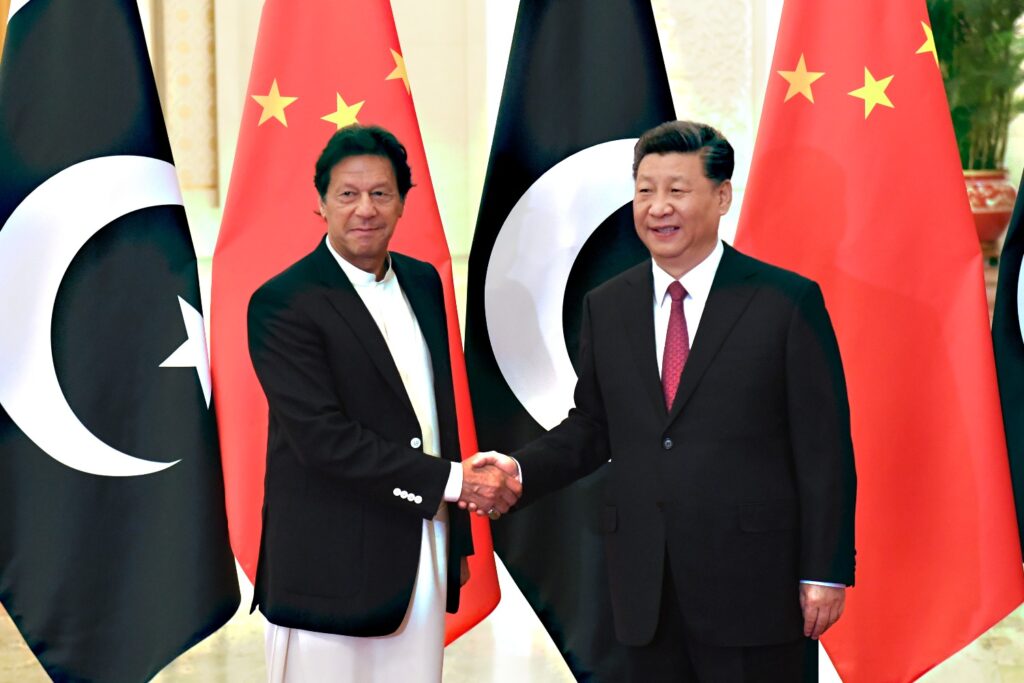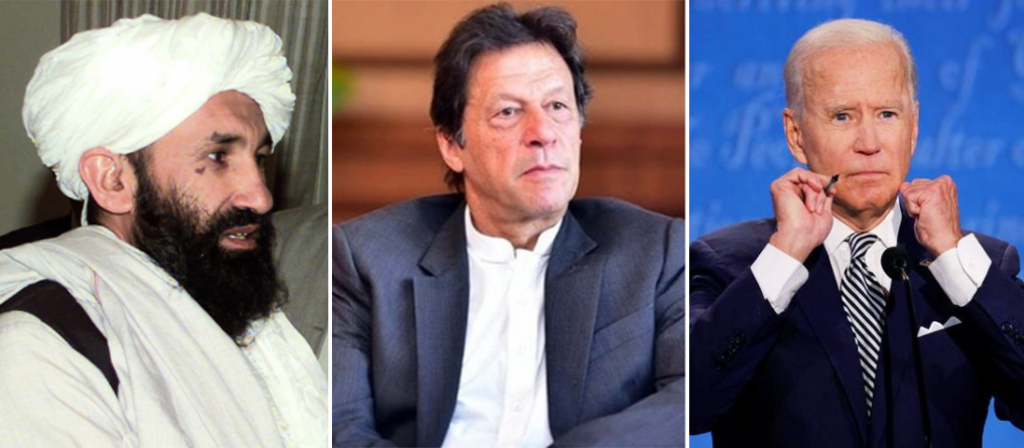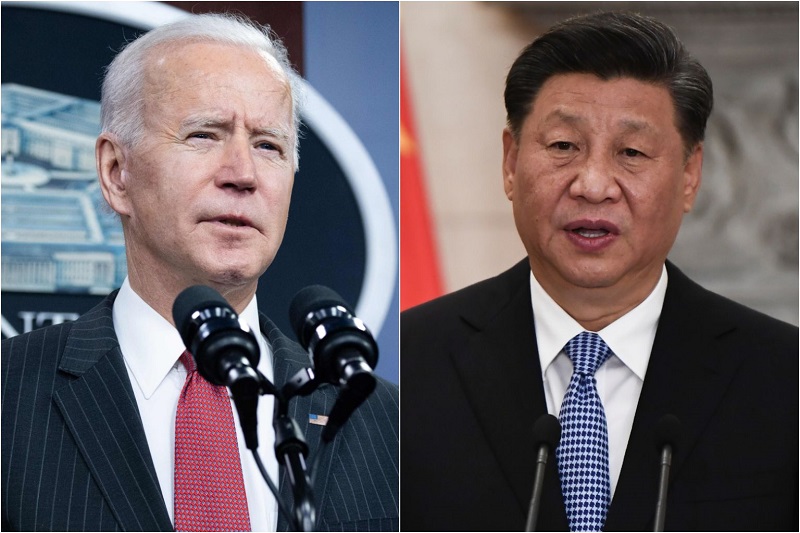ISLAMABAD: 2022 has just started. In this new-year, Pakistan’s foreign policy will focus on five primary themes, as penned by Pakistan’s former foreign ambassador, Maleeha Lodhi. Navigating the Sino-US clashes, Afghanistan’s complexities, managing the hostile relationship with India and balancing relationships between critical partner Saudi Arabia and neighbouring Iran are some of the key challenges on the diplomatic front.
Pakistan must pursue its foreign policy objectives carefully in an unstable global and regional setting. East-West tensions are rising because: big powers are becoming more preoccupied with domestic issues; trade and technology wars are raging beneath the surface of strategic competition between China and the United States; the rules-based international order is crumbling, and other countries are attempting to reshape the game in their backyards. The anarchy of the world can be seen. Foreign policy decisions of major countries and populist leaders, which define their foreign policy, have ramifications for Pakistan’s diplomacy, which makes it critical for Pakistan to grasp the complexities of an uncertain world.

Pakistan’s foreign policy goals must be aligned with the country’s diplomatic and financial resources. As long as the goals and methods are not in conflict, no plan can be successful.
The country’s relations with China will always be its priority, no matter what happens. The strategic relationship has to maintain a substantial economic component, so it has to be maintained by high participation and consultation. In the second phase of the CPEC project, there are still several challenges that need to be addressed. Among them are streamlining the lengthy approval processes for investors, settling deferred payments to IPPs, and fostering more collaboration between businesses of all kinds. It must also address concerns regarding the safety of Chinese personnel operating in Pakistan. The timely advancement of CPEC is critical to reinforcing Beijing’s ambition of strengthening Pakistan economically and strategically as the centre of China’s belt and road plan, the most ambitious economic undertaking of the twenty-first century. It is still critical to work closely with Beijing on essential topics.

Pakistan is eager to strengthen its ties with the United States. As long as Washington and Beijing remain at odds and China believes that the United States has a cold war attitude towards China, tensions will perplex ties between the two countries. Islamabad is trying to stay out of the way of this massive power struggle. It is a lot easier said than done, but as long as tensions between the United States and China persist, Pakistan’s efforts to repair ties with the United States will be hampered, especially given that the United States considers China’s restraint a major priority.

Pakistan’s relevance to Washington has decreased because of the U.S. departure from Afghanistan, even though many in the United States blame Islamabad for its military failure in Afghanistan. They have had tumultuous relations with Afghanistan for over two decades, characterised by both collaboration and distrust. It will be difficult for Pakistan to rebuild a relationship with the United States that is devoid of real bilateral ties. Islamabad’s ambition to increase commercial links is conditional on strengthening the export basis.
Washington’s developing geopolitical and economic ties with India, which it sees as a counterbalance to China, complicates this situation. Because of Washington’s indifference to the miserable situation in occupied Kashmir and India’s bolstering of military and strategic capabilities, this alliance with the United States will have serious consequences for Pakistan. It will exacerbate the strategic imbalance in the area, making Pakistan’s security situation even more precarious.
Islamabad’s turbulent relations with Afghanistan will occupy most of 2021, which will be dominated by a wide range of issues. With Afghanistan’s humanitarian and economic crises on the verge of collapse, Pakistan should not underestimate the difficulties that may develop in its relationship with Afghanistan. It is for this same reason that the TTP continues to operate out of Afghanistan. Another bone of contention is the location of the country’s border fence. This relationship must be carefully calibrated so that it helps Afghanistan without overextending itself, while also appreciating the fact that the Taliban’s and Pakistan’s objectives differ. Islamabad must not exhaust its diplomatic capital, which is finite, and Pakistan has other foreign policy objectives to pursue in its attempts to mobilise international aid for Afghanistan.
Maintaining good ties with India would be a challenging task considering the Modi government’s continued repression in occupied Kashmir and the acceleration of demographic changes there despite Pakistan’s complaints. The Establishment hopes that last year’s back channel between the two nations will lead to an improvement in relations when there is a re-commitment by both neighbours to observe a ceasefire. Civilian prisoner releases and other practical matters will be the focus of working-level diplomacy shortly.
However, the chances of establishing a formal engagement are minimal because Delhi would not talk about Kashmir. As long as Delhi continues its intransigent approach, this is unlikely to change. Last year, its emphasis hampered Islamabad’s diplomatic efforts in Kashmir on Afghanistan and its relegation to giving strong statements. In the absence of Pakistan’s renewed and imaginative international initiatives, India will not feel any pressure on a subject that remains a fundamental foreign policy aim for Pakistan.
Normalisation of relations between the two nations is still a long way off, so diplomatic efforts should concentrate on keeping tensions in check so that they do not spiral out of hand. Because of the standoff in Kashmir, Pakistan’s emphasis should be focused on a situation of “no war, no peace.” With Saudi Arabia and Iran’s longstanding rivalry on the verge of relaxing, Pakistan needs to think about how to use this opportunity. Pakistan’s political relations with Riyadh could attract Saudi investment through a well-thought-out plan, considering Crown Prince Mohammed bin Salman’s desire to extend his country’s diplomatic clout by making strategic investments abroad. Iran’s ties with the rest of the region, particularly Afghanistan, should be strengthened as well. It’s encouraging to see the recent trade arrangement take the right turn.
Pakistan has to step up its diplomatic game to secure its foreign policy objectives in a more multipolar world, as well as to reach out to other relevant nations and entities outside governments.
Works at The Truth International Magazine. My area of interest includes international relations, peace & conflict studies, qualitative & quantitative research in social sciences, and world politics. Reach@ [email protected]










